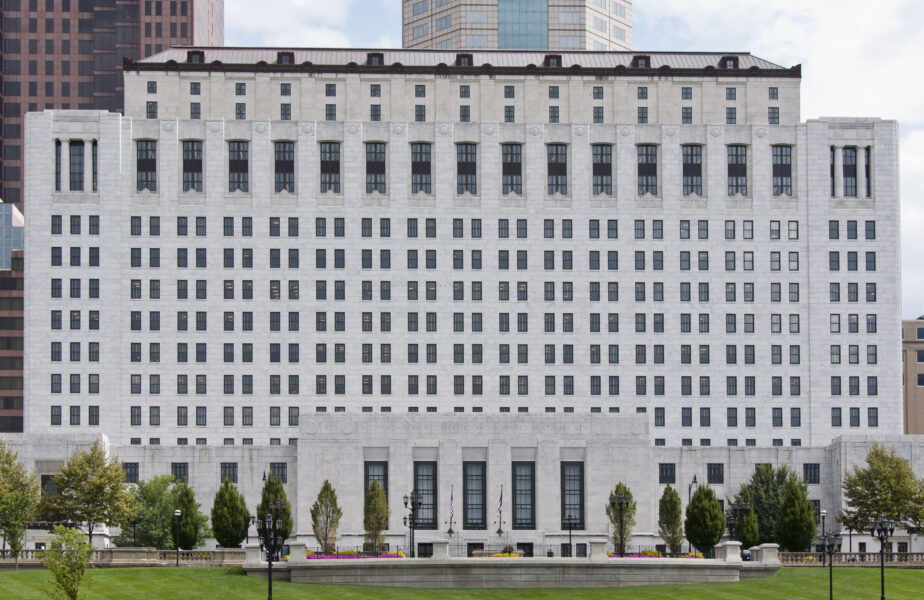Ohio voters will have the chance to select the state’s next three Supreme Court justices in the November 2024 general election, decisions that could impact some of the most significant legal questions in the state.
Justice Melody Stewart and Justice Michael Donnelly, both Democrats, are up for reelection, while appellate judge Lisa Forbes, who won her primary in a contested race, seeks a seat on the court. The outcomes could shift the current 4-3 Republican majority on the court, making the stakes high for both parties.
The Ohio Supreme Court is the highest judicial authority in the state, ruling on matters ranging from constitutional questions to the interpretation of state law. The court’s decisions can affect everything from voting rights to criminal justice reform, making these races critical for Ohioans.
Currently, Democrats hold three of the seven seats on the court. Depending on the results of the November election, the court could either maintain its Republican majority or shift to Democratic control, which would influence the direction of the state’s judicial decisions for years to come.
The Candidates Running for Ohio Supreme Court:
Justice Melody Stewart
An incumbent Democrat, Stewart is defending her seat against Republican Justice Joe Deters, who currently serves on the Ohio Supreme Court. Stewart has been a vocal advocate for judicial independence and has raised concerns about the 2021 law that added party labels to Ohio Supreme Court races.
Justice Michael Donnelly
Also a Democratic incumbent, Donnelly faces Republican Hamilton County Court of Common Pleas Judge Megan Shanahan in the general election. Donnelly has also criticized the politicization of the judiciary, arguing that it erodes public confidence in the courts.
Judge Lisa Forbes
Forbes, an appellate judge, secured her spot on the general election ballot after defeating Judge Terri Jamison in the Democratic primary. She will face Republican Franklin County Court of Common Pleas Judge Dan Hawkins in November.
The Republican candidates—Deters, Shanahan, and Hawkins—have not publicly responded to these criticisms or outlined their own judicial philosophies.
Why It Matters
The outcome of this election could fundamentally alter the balance of the Ohio Supreme Court, influencing decisions on key issues such as voting rights, reproductive healthcare, criminal justice, and state constitutional matters. With the potential for either party to gain a decisive majority, Ohio voters’ choices in November will have lasting consequences for the state’s legal landscape.






